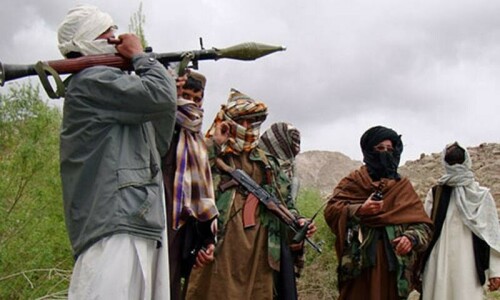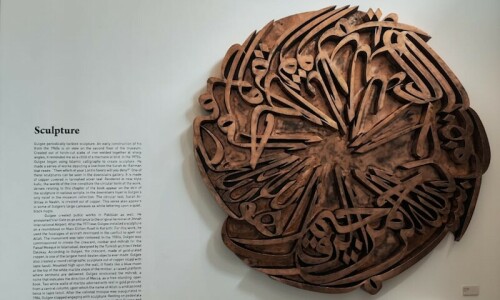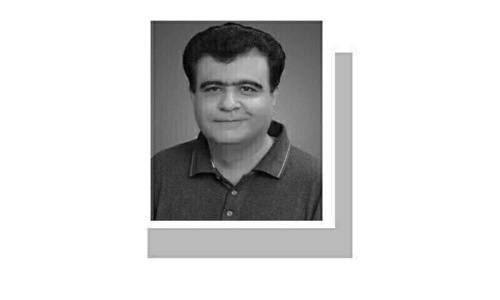KARACHI, Oct 19: The Space and Upper Atmosphere Research Commission (Suparco) is at present focusing on launching a communication satellite, a target that the organisation says will be achieved by 2011.
“As of now, Suparco’s priority is to launch a communication satellite to retain our geostationary orbital slot in space,” said Arshad Siraj, secretary of Suparco, adding that given the number of channels that have cropped up in the country, it is all the more important to make such a satellite a priority.
Allocated by the International Telecommunications Union, there are 360 geostationary orbital slots in space, of which 320 are already in use by various countries, and there is a waiting list of several countries for the remaining slots.
For Pakistan, retaining the slot is vital as it has already lost four chances. It was only able to do so on the fifth and final call when, in late 2002, it leased the US’ HG3 – originally launched as Indonesia’s Palapa C1 and later sold to Turkey – and renamed it Paksat 1.
The satellite was relocated from Turkey’s orbital slot to Pakistan’s. According to Mr Siraj, if the country fails to launch a satellite by the deadline, it will forfeit its orbital slot in space for good.
Pakistan has so far sent only two indigenously built satellites into space: Badar-I and Badar-II in 1990 from China, and a Russian Zenit-2 rocket in 2001 from Kazakhstan. Pakistan does not have its own satellite launch vehicle (SLV), although there has been much talk about it for a few years now. In a news report in 2001, for example, Dr A.Q. Khan had stated that Pakistan was in the process of building a low-cost, light-weight SLV, a plan that faded into oblivion.
Given this scenario, the future of Pakistan’s launch vehicle programme remains quite bleak, particularly when Suparco’s second priority happens to be remote sensory satellites rather than SLVs. Apart from the obvious question of funding, which Suparco lacks, some also question the country’s capability to build and maintain an SLV.
“SLVs involve complex technology and are beyond what Pakistan can do on its own,” said noted physicist Pervez Hoodbhoy. “Of course, the world is now seeing the spread of advanced missile technology because of modularised components, and so even countries like North Korea can make missiles that can cross continents.”
Mr Hoodbhoy said if the SLV design and components are given to Pakistan, it will be able to construct one, but to manufacture something from its own engineering and technical resources seems impossible.
He said that given the other more pressing needs of the time – electricity, for example – there is no justification to spend the scarce funds on space programmes like SLV. According to him, the country may continue to launch its satellites from other countries on a commercial basis when the need arises.
However, Shahid Qureshi, head of the Institute of Space and Planetary Astrophysics, Karachi University, said that Pakistan has the basic technology to build an SLV.
“If we can launch a missile up to a range of 1,500km, why not build an SLV that can launch low-atmosphere satellites?” he said. According to Mr Qureshi, we can begin by launching navigation, spy and weather satellites, which can go up to 150km into space.
“This alone can give us a lot of data that we need to buy now.”















































Dear visitor, the comments section is undergoing an overhaul and will return soon.